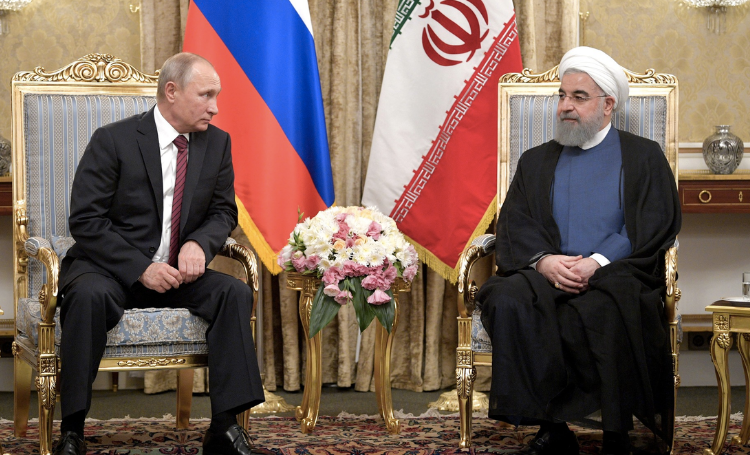Derek H. Burney
National Post, Apr. 19, 2022
“The International Atomic Energy Agency (IAEA) was prevented from obtaining a full account of Iran’s nuclear regime.”
The U.S. administration seemed ready to conclude a new nuclear agreement with Iran until two things happened: Russia, which had been a key mediator, ruthlessly invaded Ukraine; and Iran flatly insisted that its Islamic Revolutionary Guard Corps (IRGC) had to be eliminated from the United States’ terrorist blacklist. Negotiations are on hold pending a breakthrough or a breakdown.
An agreement would bring the U.S. and Iran back into compliance with the original pact (the Joint Comprehensive Plan of Action, or JCPOA), which Donald Trump cancelled in 2018. This would roll back parts of Tehran’s nuclear program in exchange for relief from severe U.S. sanctions.
The new deal would provide significant near-term economic benefits to Iran, removing sanctions and allowing it to sell oil freely and reconnect to the global financial system. In return, Iran would temporarily restrict its enriched uranium production and centrifuge testing and accept enhanced, but not foolproof, international inspections. Few believe a new agreement on these lines would be better than the original. Many in the U.S. Congress fear that it would be worse.
Derek H. Burney is a former 30-year career diplomat who served as Ambassador to the United States of America from 1989 to 1993.
To view the original article, click here


